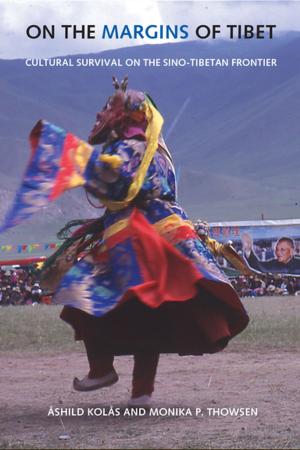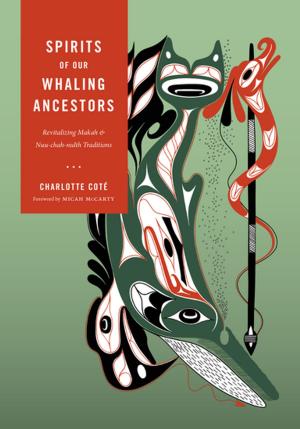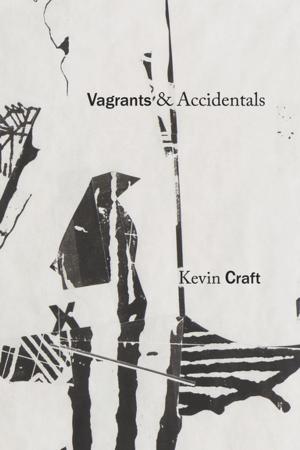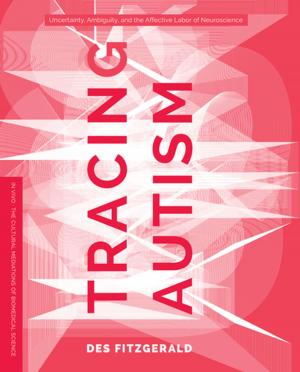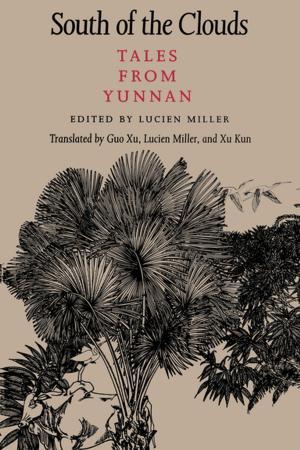We Are Dancing for You
Native Feminisms and the Revitalization of Women’s Coming-of-Age Ceremonies
Nonfiction, Social & Cultural Studies, Social Science, Cultural Studies, Native American Studies, Gender Studies, History, Americas, United States| Author: | Cutcha Risling Baldy | ISBN: | 9780295743455 |
| Publisher: | University of Washington Press | Publication: | April 6, 2018 |
| Imprint: | University of Washington Press | Language: | English |
| Author: | Cutcha Risling Baldy |
| ISBN: | 9780295743455 |
| Publisher: | University of Washington Press |
| Publication: | April 6, 2018 |
| Imprint: | University of Washington Press |
| Language: | English |
�I am here. You will never be alone. We are dancing for you.� So begins Cutcha Risling Baldy�s deeply personal account of the revitalization of the women�s coming-of-age ceremony for the Hoopa Valley Tribe. At the end of the twentieth century, the tribe�s Flower Dance had not been fully practiced for decades. The women of the tribe, recognizing the critical importance of the�tradition, undertook its revitalization using the memories of elders and medicine women and details found in museum archives, anthropological records, and oral histories.
Deeply rooted in Indigenous knowledge, Risling Baldy brings us the voices of people transformed by�cultural�revitalization, including the accounts of young women who have participated in the Flower Dance. Using a framework of Native feminisms, she locates this revival within a broad context of decolonizing praxis and considers how this renaissance of�women�s coming-of-age�ceremonies confounds ethnographic depictions of Native women; challenges anthropological theories about menstruation, gender, and coming-of-age; and addresses gender inequality and gender violence within Native communities.
�I am here. You will never be alone. We are dancing for you.� So begins Cutcha Risling Baldy�s deeply personal account of the revitalization of the women�s coming-of-age ceremony for the Hoopa Valley Tribe. At the end of the twentieth century, the tribe�s Flower Dance had not been fully practiced for decades. The women of the tribe, recognizing the critical importance of the�tradition, undertook its revitalization using the memories of elders and medicine women and details found in museum archives, anthropological records, and oral histories.
Deeply rooted in Indigenous knowledge, Risling Baldy brings us the voices of people transformed by�cultural�revitalization, including the accounts of young women who have participated in the Flower Dance. Using a framework of Native feminisms, she locates this revival within a broad context of decolonizing praxis and considers how this renaissance of�women�s coming-of-age�ceremonies confounds ethnographic depictions of Native women; challenges anthropological theories about menstruation, gender, and coming-of-age; and addresses gender inequality and gender violence within Native communities.



